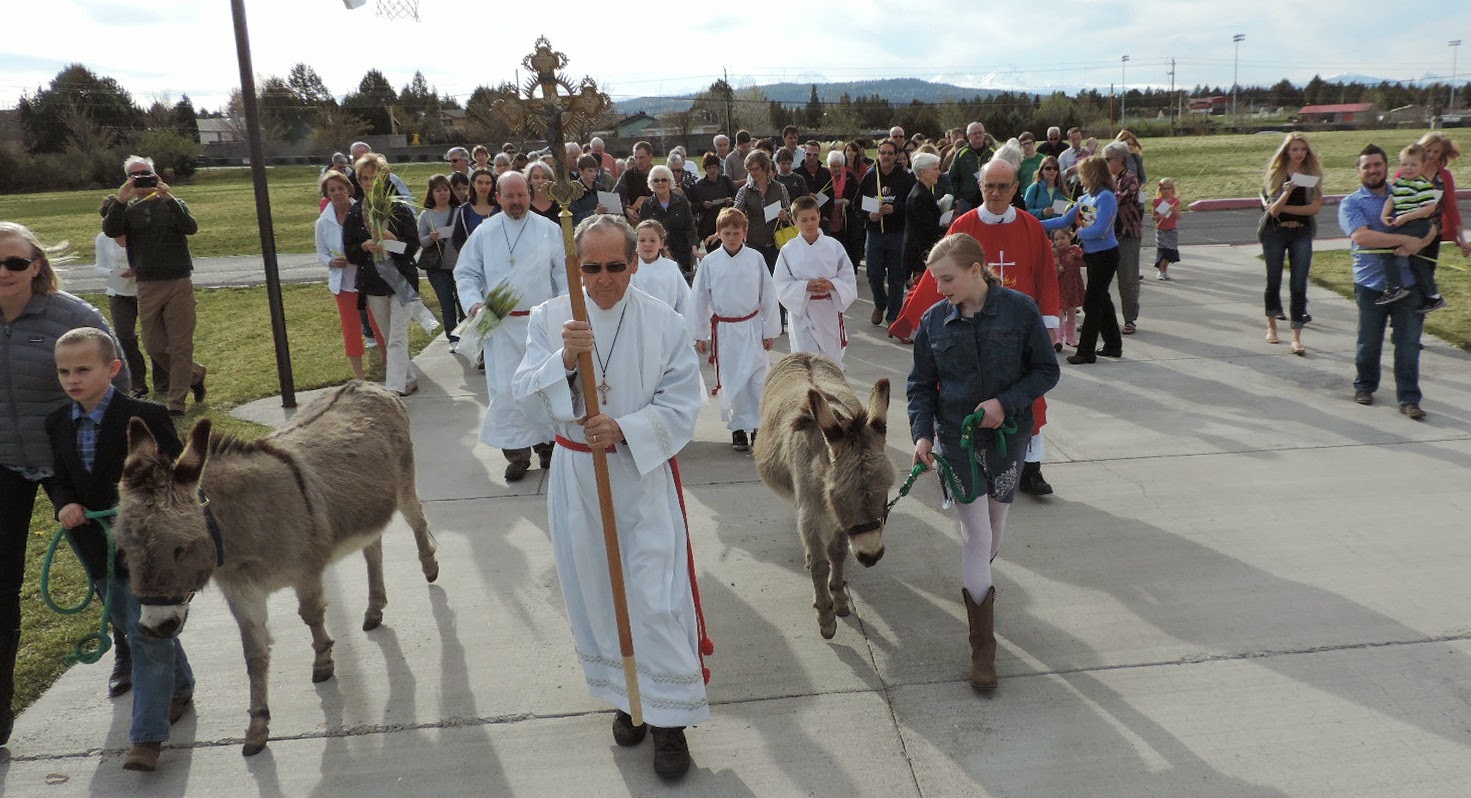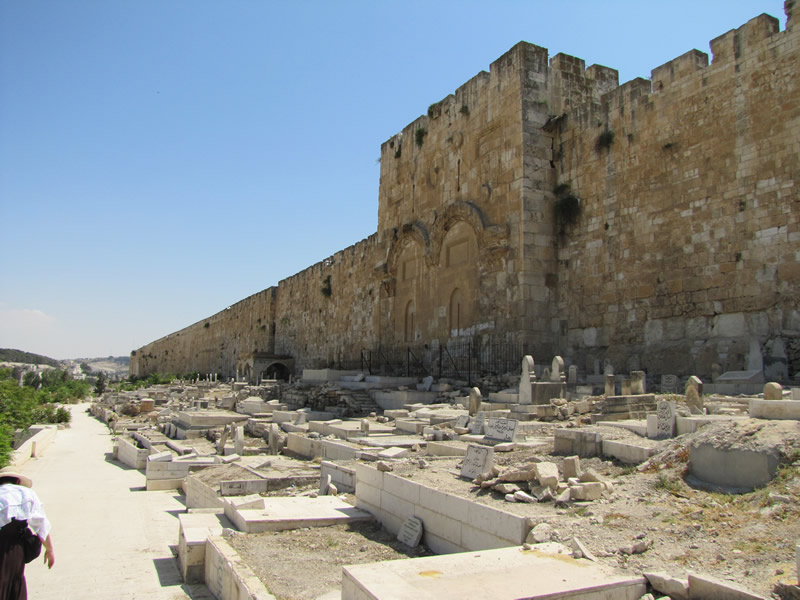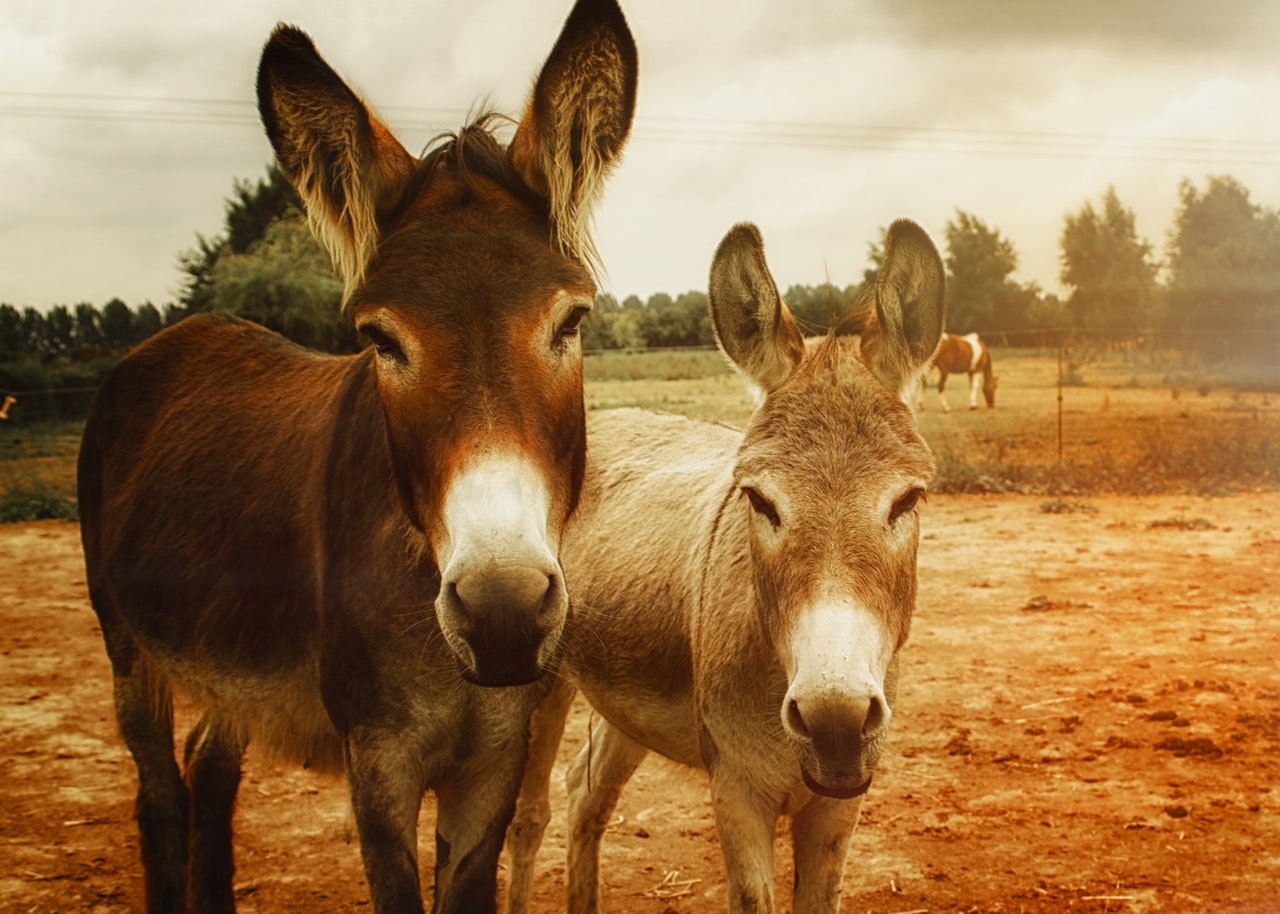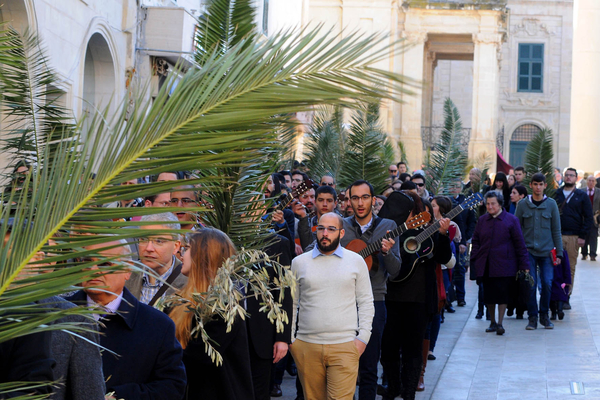Reflection for the Palm Sunday of the Lord’s Passion. Year B. 2018
– By Fr Ugo Ikwuka
Archway, London
One of the most practical topics in the field of psychology is cognitive dissonance which refers to the mental stress or discomfort experienced when a person grapples with an action that contradicts personal beliefs. For instance, as the Jews struggled to come to terms with the brilliance of Jesus whom they disliked, they asked in frustration: “Can anything good come out of Nazareth?” That’s a clear indication of a people suffering cognitive dissonance.
More of such situations that could lead to such dilemma will be evident this Palm Sunday as the events indisputably establish Jesus as the Messiah given how they so perfectly fulfill the prophecies of old.

In one of the most devastating passages of the Old Testament, the prophet Ezekiel had described in graphic details the departure of the Lord from the Temple because corruption had crept in (Ezek. 10: 18 – 23). The prophet described how the glory of the Lord departed from the east gate of the Temple escorted by the cherubim.
For the Jew, the Temple of the Lord in Jerusalem is literally the dwelling place of Yahweh (God). That the glory of the Lord has quit the Temple was therefore the ultimate calamity.
However, Ezekiel further prophesied (Chapter 43) that one day, the Lord will return to His Temple, and from the same direction – the east gate by which He left. And He will return with sound like that of the mighty waters with the earth shining with His glory.

This Palm Sunday, the Gospel tells us that Jesus approached the Holy City of Jerusalem from the east (Bethphage) and with a carnival. Ezekiel had predicted that upon the glorious return of Yahweh, the corrupted Temple will be restored.
As Jesus entered the Holy City and the Temple, he pronounced judgment upon it and used a whip to drive out those who had turned the House of God into a shopping mall.
The discerning Jew must therefore be stunned at the precision with which Palm Sunday fulfills that prophecy of the return of the Shekina, the Glory of Yahweh to retake possession of His holy Temple.
Jesus dared the Jews to destroy the Temple and he would rebuild it in three days. When they eventually destroyed his body, in death, and he rose to life in three days, he proved that the ultimate Temple of the Lord is his body.

Again, discerning Jews at the time must be rattled by the manner in which Jesus entered Jerusalem given the prophecy of Zecharia (9: 9): “Rejoice greatly, O! Daughter of Zion, shout aloud O! Daughter of Jerusalem, lo your king comes to you, triumphant and victorious is he, humble and riding on a donkey, on a cot, the foal of a donkey.”
With the corruption in the Temple and the failings of successive kings, the nation suffered. As the people began to dream and long for the return of the ideal king, the true David, who will fight to liberate them, the prophets indicate that Yahweh (God Himself) will come to reign as king precisely through a son of David who will enter the Holy city.
But as Zecharia prophesied, he will enter, not as a conquering hero riding a chariot, but as humble figure riding a young donkey.

In other words, he would not be a political king, rather a king who would save his people from their sins as the angel foretold in Matthew (1: 21).
Friends, one aspect of this extraordinary tale which we may easily overlook actually tells the whole story of how the events of Palm Sunday call us to respond.
It is the story of the unnamed donkey owners who lent Jesus their donkey for the ride into Jerusalem. What a different story we would be telling today if the unnamed owners of the donkey had refused to give it up?
Maybe we would have no story of the triumphal entry, at least not in the way Jesus wanted it. The lesson of the donkey owners is that no matter how unknown a person is, he or she can still play a crucial role in the unfolding of God’s plan.

The Lord needs each one of us as he needed the unnamed donkey owners. We are not told who they are but the fact that they understood that “the Lord” refers to Jesus and voluntarily gave up the donkey shows that they could be his secret disciples or admirers. Otherwise one would have expected them to ask: “But who is this Lord who needs our donkey?”
A donkey was a very big thing in those days. The donkey was the equivalent of a car, a truck and a tractor all in one. It was a car because people used it to move around and do their shopping, a truck because it was used to carry load, and a tractor because it was used in cultivating the land.
Add to this the fact that the donkey had never been ridden, that means it was brand new and had a very high market value. You can see that giving up the donkey just because the Lord needed it was a very big sacrifice. It was a generous and heroic act of faith.

Each of us has got a donkey that the Lord needs; something in our lives, which, if given back to God, could, like the donkey, move Jesus and his story further down the road. Maybe you can sing, read, give a welcoming hug, clean, cook, bake when there is need or write a cheque. Whichever, that’s your donkey. Whichever, your donkey belongs to him.
Your gifts are his as the donkey was his. Remember the instructions Jesus gave to his disciples “If anyone asks you why you are taking the donkey, you are to say: “Its Lord is in need.” So, what is the name of your donkey? The Lord has need of it.





